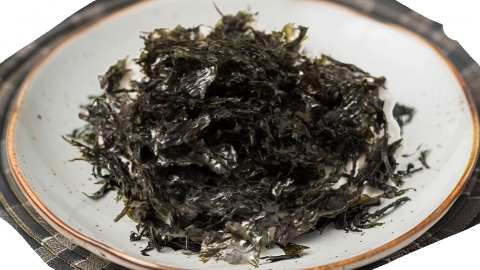Can patients with cholecystitis eat seaweed?
Generally, whether patients with cholecystitis can eat seaweed depends on the stage of their condition. Patients in the remission phase may consume seaweed in moderation, while those experiencing an acute episode should avoid it to prevent worsening of symptoms. The details are as follows:

If cholecystitis is in the remission phase—meaning the patient has no discomfort such as abdominal pain or nausea and has normal digestive function—eating a moderate amount of seaweed is generally safe. Seaweed is rich in dietary fiber, vitamins, and minerals, and is low in fat. When prepared as a light seaweed soup or added to porridge, it can provide nutritional benefits without significantly stimulating gallbladder contraction, thus having minimal impact on the condition.
During an acute flare-up of cholecystitis, when patients experience obvious right upper abdominal pain, bloating, vomiting, and other symptoms, consuming seaweed is not recommended. At this stage, the gallbladder is inflamed and digestive capacity is weakened. Although the dietary fiber in seaweed is normally beneficial, strict dietary control is necessary during an acute episode. Patients should prioritize easily digestible foods such as rice water or thin porridge and avoid any food that might increase the burden on the gallbladder to prevent exacerbation of inflammation.
In daily care, patients with cholecystitis should maintain a light and regular diet, avoiding greasy and spicy foods. During remission, they may moderately consume low-fat, nutrient-rich foods such as vegetables, lean meat, and soy products.







